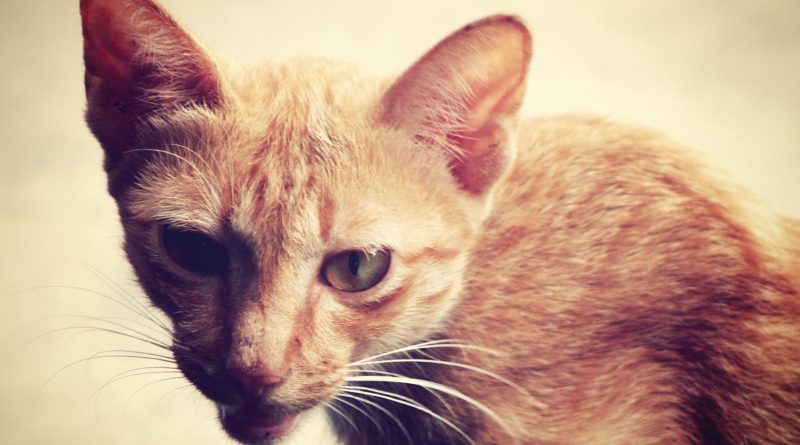Ear infections in cats
Cats of all breeds have the same size and shape of ears and in consequence are susceptible to ear diseases. The symptoms of ear infections include shaking the head, scratching their ears and if the middle ear is affected then you can notice facial paralysis. This is because inflammation inside the ears affect the nerves situated in that area.
Causes of ear infections
The causes of ear diseases in cats are caused by primary and secondary factors. Primary factors cause inflammation in the ears which include the presence of ear mites, allergies and polyps in the ear canal. Secondary factors are the symptoms that continue even after the primary cause has been treated. The common secondary factors that cause ear infection in cats are bacteria and fungi.
Common ear problems in cats
When you try to treat ear infections in your cat, you need to find why it has occurred and find out the underlying problem. The following are the possible causes of otitis or inflammation in your cat’s ears:
- Allergies – Your cat can suffer from dust and pollen allergy, also known as atopy. Cats can also suffer from food allergies. The two can cause inflammation in the ear canal and cause bacteria or fungi to multiply.
- Ear mites – The presence of these tiny creatures in your cat’s ears can cause severe itching and irritation. They are contagious as they travel easily from one cat to another.
- Aural polyps – Polyps are an inflammatory growth that develop in the middle ear of cats. They can steadily grow to fill the ear and can spread out to the outer ear or grow inward towards the pharynx.
How to treat ear infections in cats?
Vet’s usually prescribe ear drops to treat ear infections in cats. They usually have an antibiotic, antibacterial or antifungal and anti-inflammatory properties that will soothe your cat’s ears and make them feel relaxed. You need to complete the dosage advised by your vet and not stop as soon as your pet shows signs of recovery.
While treating your cat’s infection you must ensure that both the primary and secondary causes have been recognised and treated for it to not reoccur in the future. Depending on the severity of your pet’s infection your vet may prescribe a tablet instead of ear drops.
Polyps can be removed surgically if they are found to be causing continuous inflammation and irritation.
For allergies, if it is food related then through trial and error you need to find out the food your cat is allergic to and stop serving it. If the allergy is due to dust and pollens then your vet will prescribe medicines to stop the allergic reaction in your pet’s body.
As prevention of the problem is better than the cure, you need to check your pet’ ears regularly and look out for signs of pain and discomfort in them. Another important thing to remember is to not self-medicate your cat if you spot an ear problem as you may make matters worse by giving the wrong treatment. So, it is strongly recommended that you get your pet checked by the vet before putting anything in their ears.

